Palestinian immigrants reflect on life outside of the country
- Text by Miss Rosen
- Photography by Taysir Batniji (Aperture/Fondation d'entreprise Hermès, 2018)

With some 69 million refugees living in the world today, immigration is an inescapable issue. But for Palestinian French artist Taysir Batniji, the subject is personal.
Born in Gaza in 1966, just a few months before the 1967 war and Israeli occupation, Batniji pursued an education in art against the will of his parents. In 1995, he moved to France to study art, and divided his time between his homeland and adopted nation until 2006, when it became impossible for him to return home.
No longer able to visit, Batniji began to reflect on the state of “between-ness” that has become a central feature in his life. We rarely think of the issues faced by those in the zero-generation, the first to arrive, whose birthright does not reflect their current situation. Batniji decided to explore the subjects of identity, exile, displacement, and mobility as experienced by six of his cousins who left Palestine for the United States.
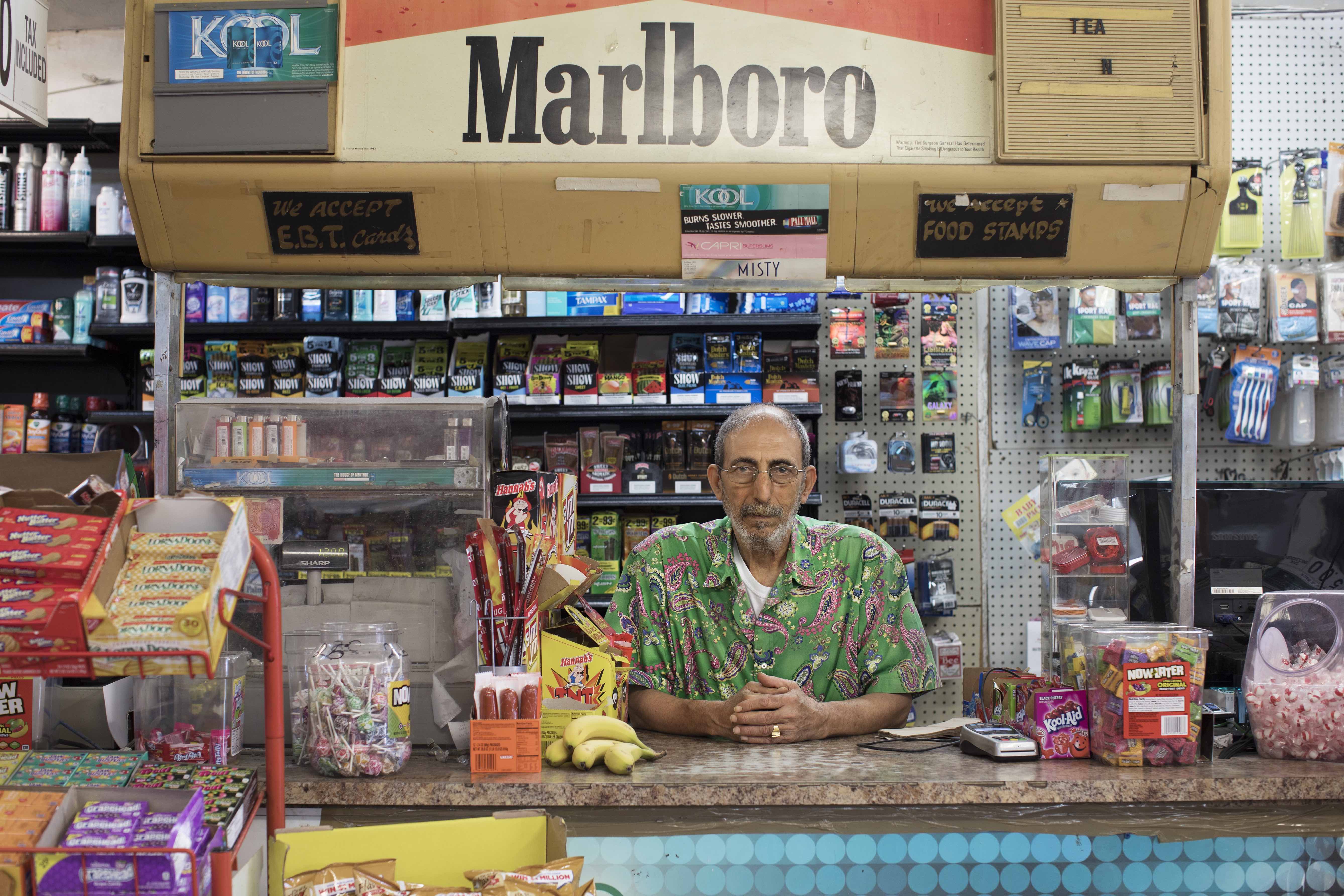
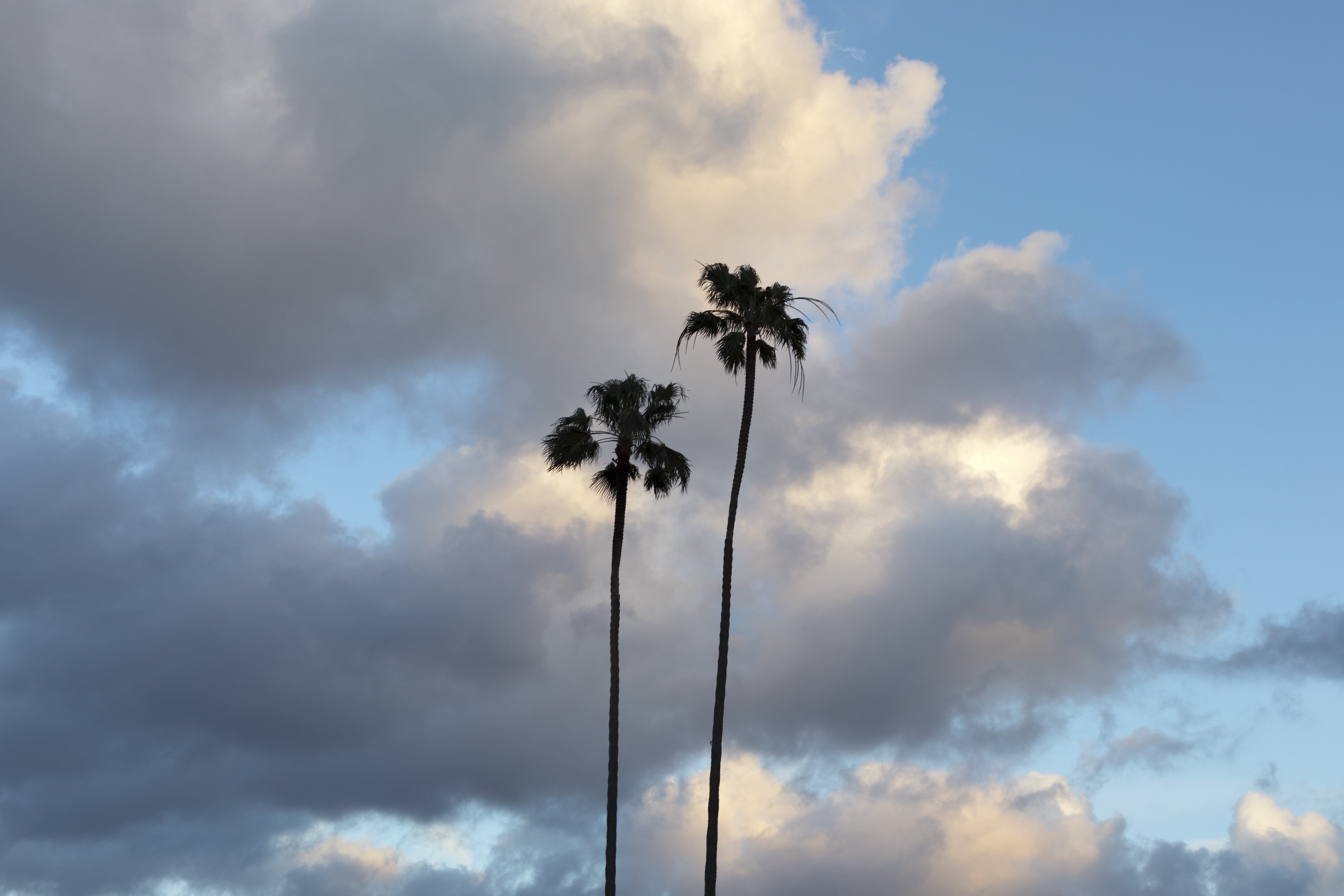
In Home Away From Home (Aperture), Batniji travelled to Florida and California to see what everyday life was like for his American cousins and how they have adapted to a land and a culture so far from home. In a series of photography, interviews, and sketches from memory of the family homestead in Gaza, Batniji delves into the complex relationship between the present and the past, and the ways in which identity becomes an ever-evolving mechanism of self-preservation.
“Place is an element of an idea that occupies an important place in my work,” Batniji explains. “The collective experience of Palestinians has been marked by mass displacement of people.”
“I was always changing places – I didn’t stay in the same place for more than six years. I became a citizen in France, and now have a fixed place where I live and work. Even though I missed my country to pursue my studies and work as an artist, the idea was always there to go back. I tried three times but it is impossible to do this.”
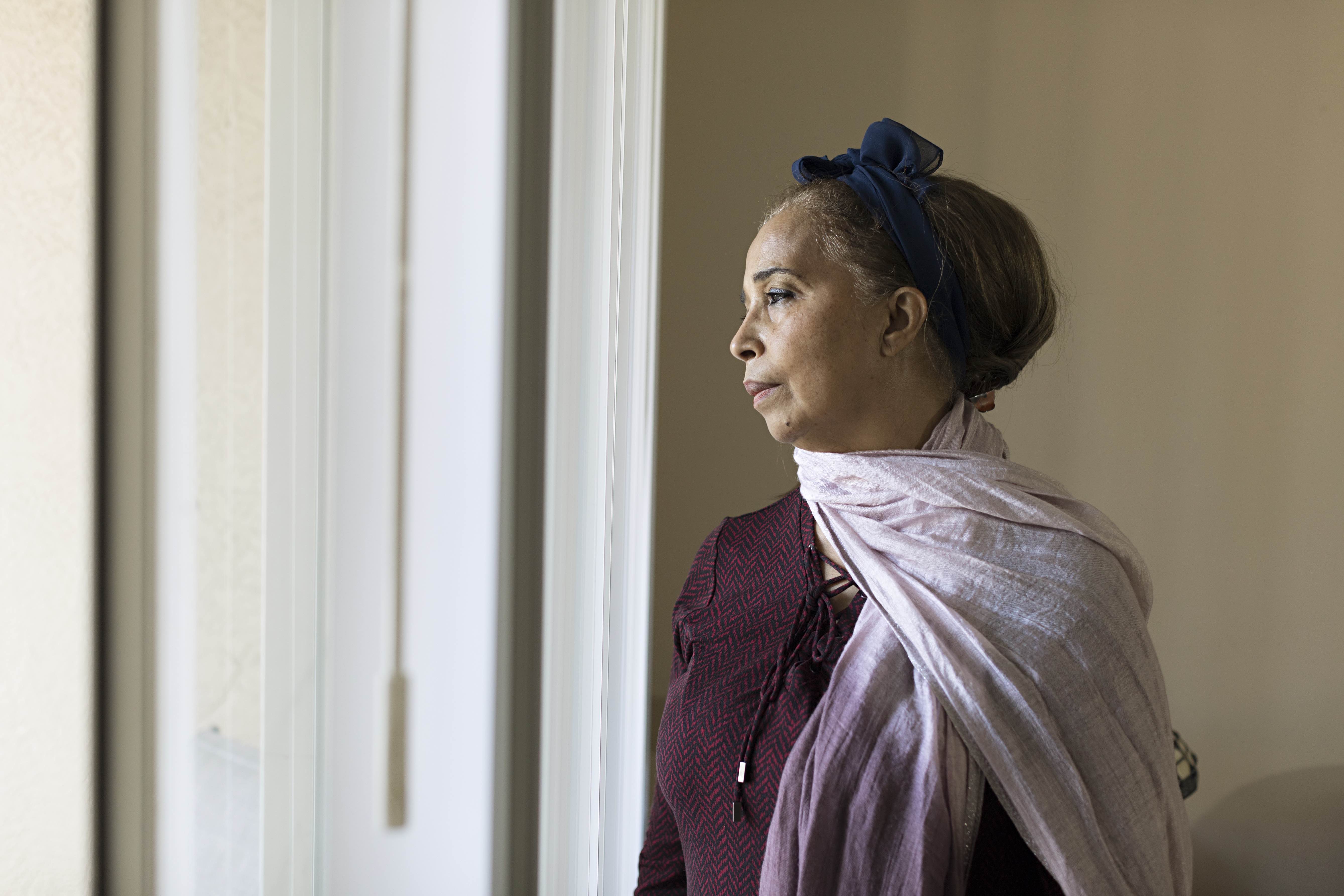
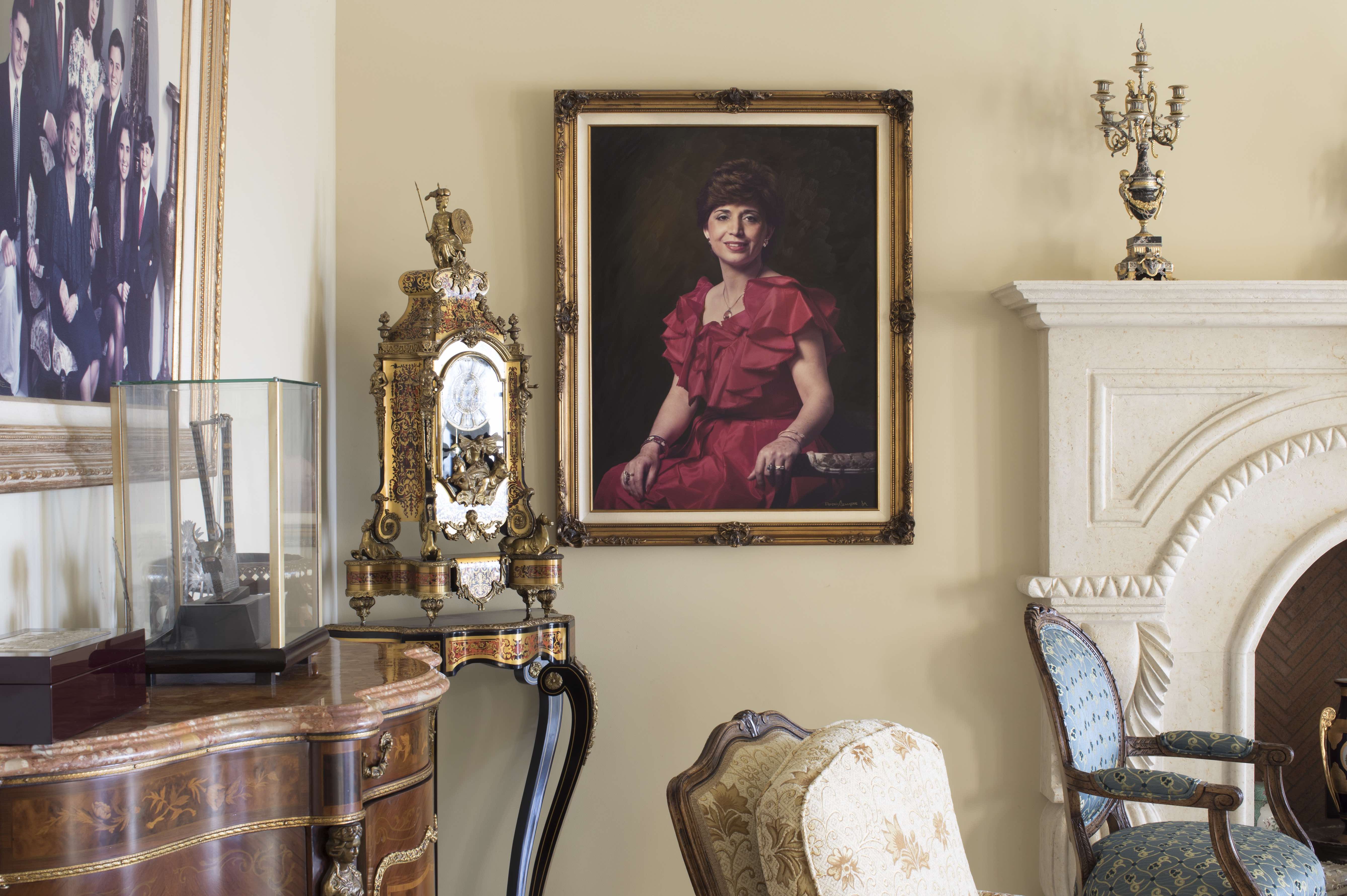
“When you leave your homeland, you become homeless – even if you find a place somewhere else to start a new life. You still have a connection to home, but also this new situation, and you are in between two cultures. You cannot cut totally with your roots and you are not totally assimilated into the new place where you live.”
Home Away From Home presents the lives of Batniji’s cousins as they live today, showing very distinct sides of the nation. His cousin Ahmed Batniji arrived in the States in 1983, married a Moroccan woman, and had three children. They live in a gated community in West Palm Beach, and work in a deli grocery store in a mostly African American neighbourhood called North Tamarind.
His second cousin featured in the book, Dr. Kamal Batniji, married a Jordanian woman and arrived in the States in 1968. Together they have five children and live in a beautiful home in Newport Beach, California – the classic American immigrant success story. Yet in the house, there are unexpected displays, like framed photos of the couple with Barbara and George H.W. Bush, as well as a campaign hat for Reagan and Bush in 1984.

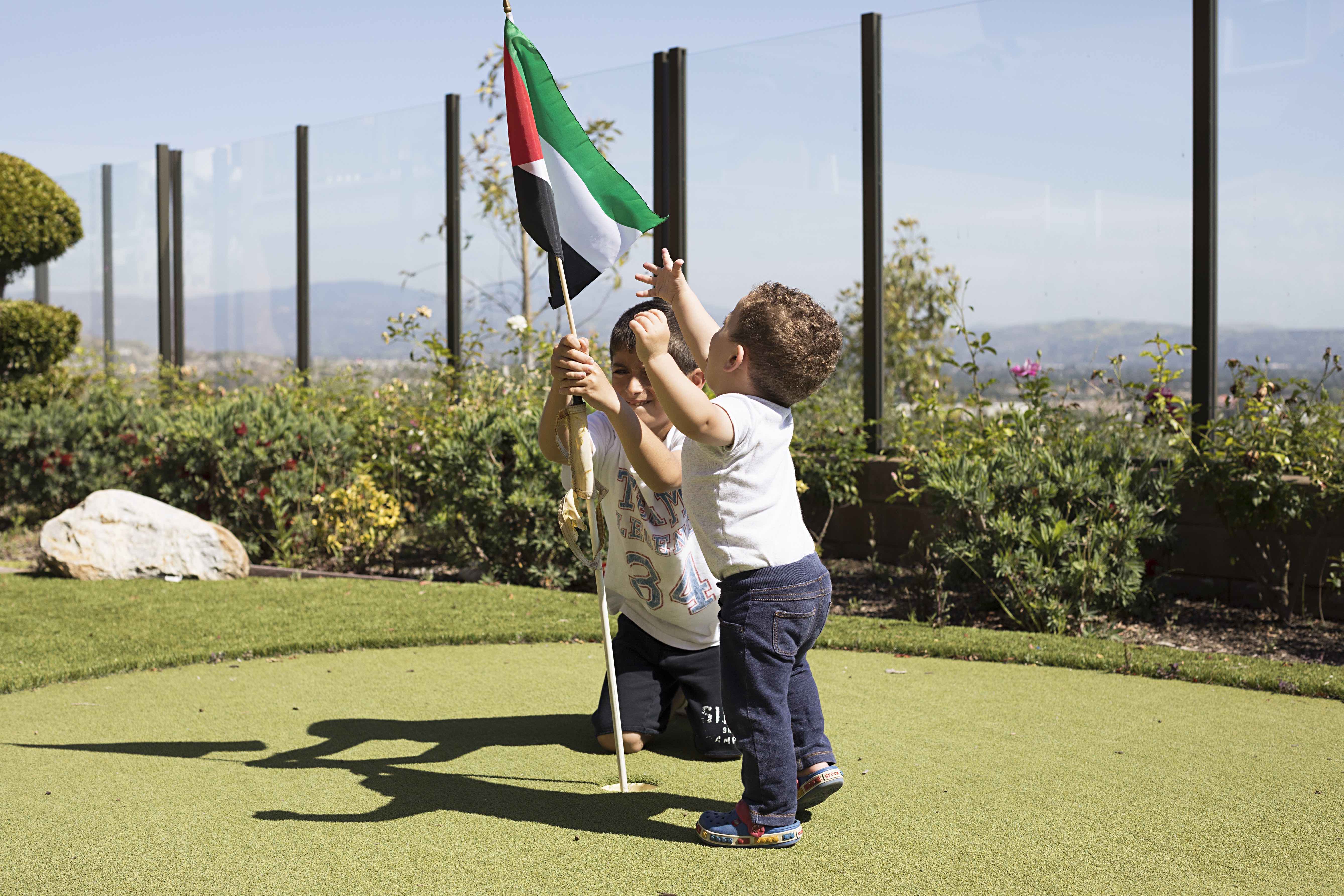
His third cousin, Dr. Sobhi Batniji, and his Palestinian wife, left Gaza in 1967 before arriving in California in 1981. They now live in Lagina Niguel, California, and are among the oldest people featured in Home Away From Home.
“I was 12 years old when the ‘Palestinian Problem’ began,” Dr. Sobhi Batniji is quoted as saying in the book. “The effect of the Palestinian exodus, or Nakba, as they call it in the old country, affected my generation deeply: the horrors of the occupation and the displacement of the people and their suffering.”
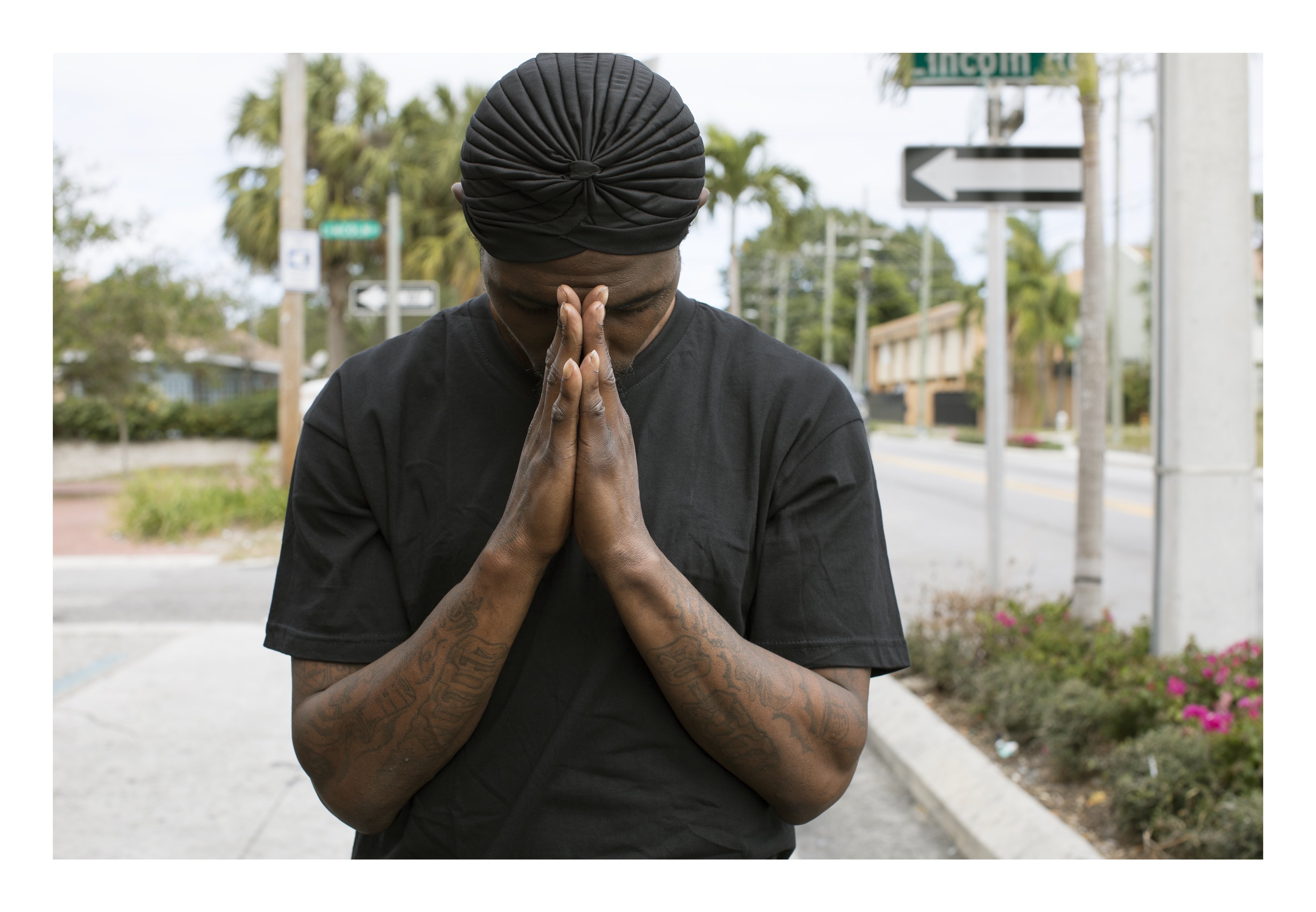
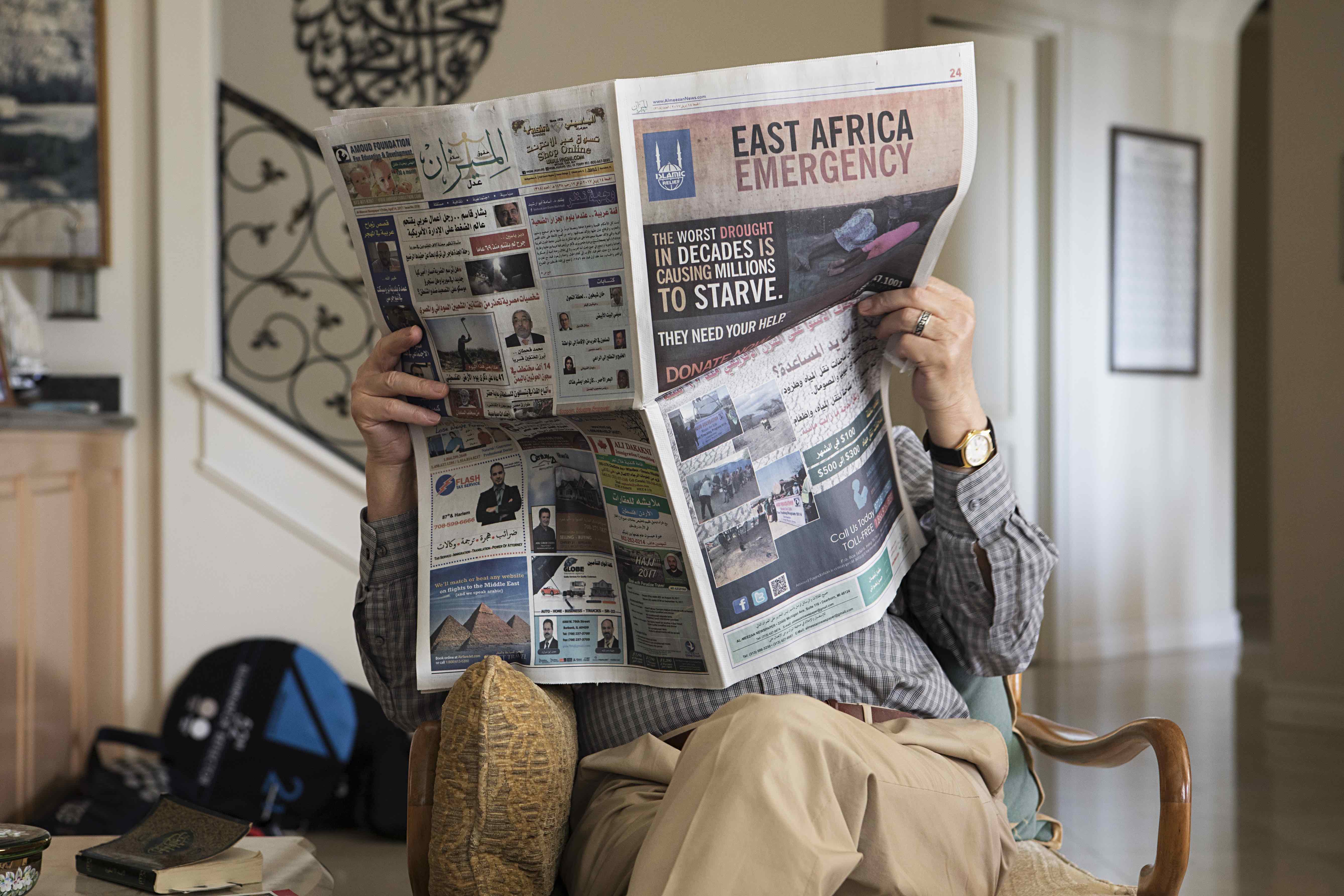
His wife, Khadra, gave the book its name when she shared her story with Taysir. After the 1967 War, the Israelis occupied Gaza; they started to register people and opened the border so that people could leave.
“At that time, my husband sent me a visa; I had to leave with my children to Jordan,” Khadra recalls. “I will never forget that day; my father was so attached to my daughter, he was crying like a baby. I will never forget his face. He was crying so bad.”
“We came to America many times before, but to stay for good, we came in July 1981. When I finally arrived here, I thought, my original home is Palestine. But this is a home away from home.”
All photos courtesy Taysir Batniji, from Home Away From Home (Aperture/Fondation d’entreprise Hermès, 2018)
Follow Miss Rosen on Twitter.
Enjoyed this article? Like Huck on Facebook or follow us on Twitter.
Latest on Huck

Is the UK ready for a Kabaddi boom?
Kabaddi, Kabaddi, Kabaddi — Watched by over 280 million in India, the breathless contact sport has repeatedly tried to grip British viewers. Ahead of the Kabaddi World Cup being held in Wolverhampton this month, Kyle MacNeill speaks to the gamechangers laying the groundwork for a grassroots scene.
Written by: Kyle MacNeill

One photographer’s search for her long lost father
Decades apart — Moving to Southern California as a young child, Diana Markosian’s family was torn apart. Finding him years later, her new photobook explores grief, loss and connection.
Written by: Miss Rosen

As DOGE stutters, all that remains is cringe
Department of Gargantuan Egos — With tensions splintering the American right and contemporary rap’s biggest feud continuing to make headlines, newsletter columnist Emma Garland explains how fragile male egos stand at the core of it all.
Written by: Emma Garland

Photo essay special: Despite pre-Carnival anxiety, Mardi Gras 2025 was a joyous release for New Orleans
A city celebrates — Following a horrific New Year’s Day terror attack and forecasts for extreme weather, the Louisiana city’s marquee celebration was pre-marked with doubt. But the festival found a city in a jubilant mood, with TBow Bowden there to capture it.
Written by: Isaac Muk

From his skating past to sculpting present, Arran Gregory revels in the organic
Sensing Earth Space — Having risen to prominence as an affiliate of Wayward Gallery and Slam City Skates, the shredder turned artist creates unique, temporal pieces out of earthly materials. Dorrell Merritt caught up with him to find out more about his creative process.
Written by: Dorrell Merritt

In Bristol, pub singers are keeping an age-old tradition alive
Ballads, backing tracks, beers — Bar closures, karaoke and jukeboxes have eroded a form of live music that was once an evening staple, but on the fringes of the southwest’s biggest city, a committed circuit remains.
Written by: Fred Dodgson